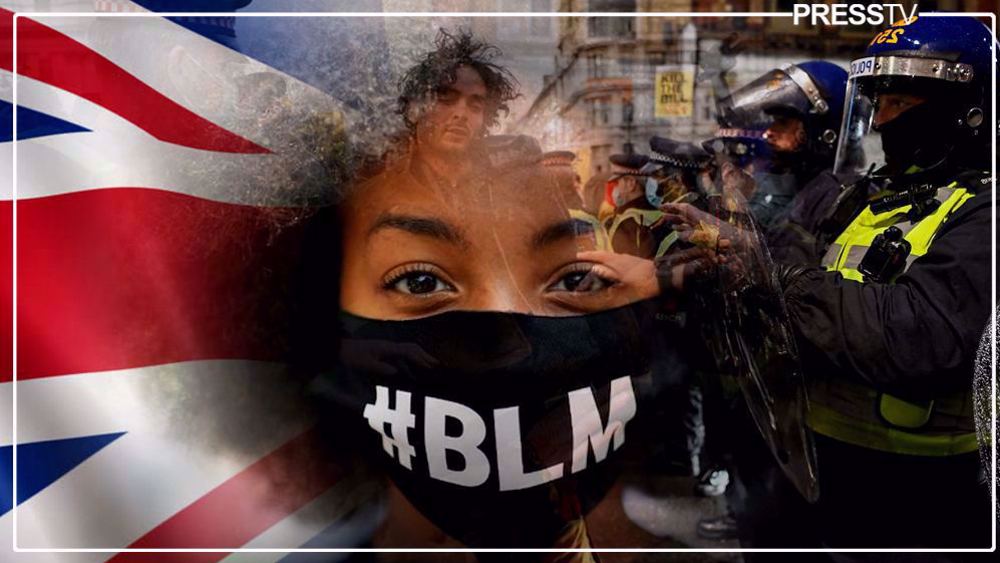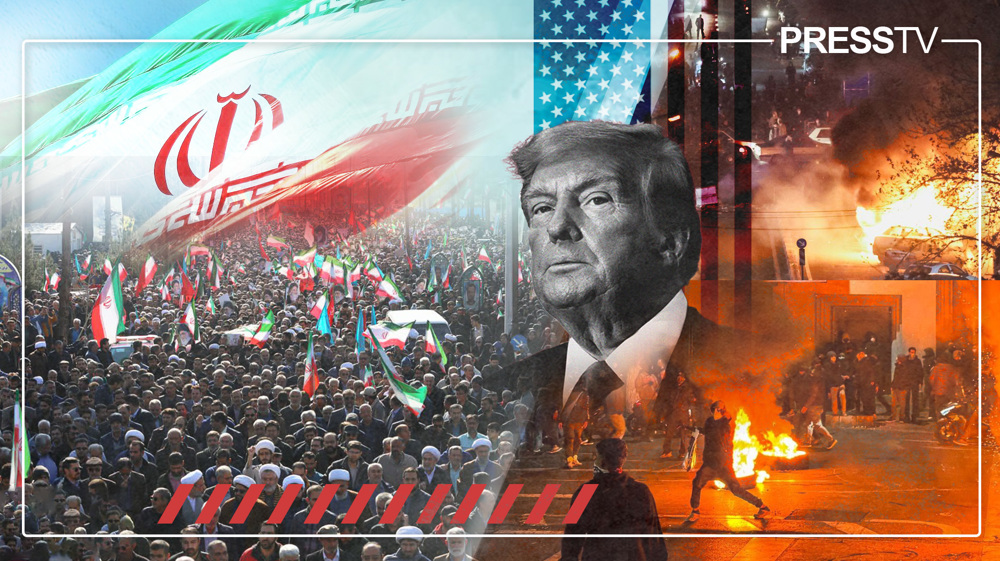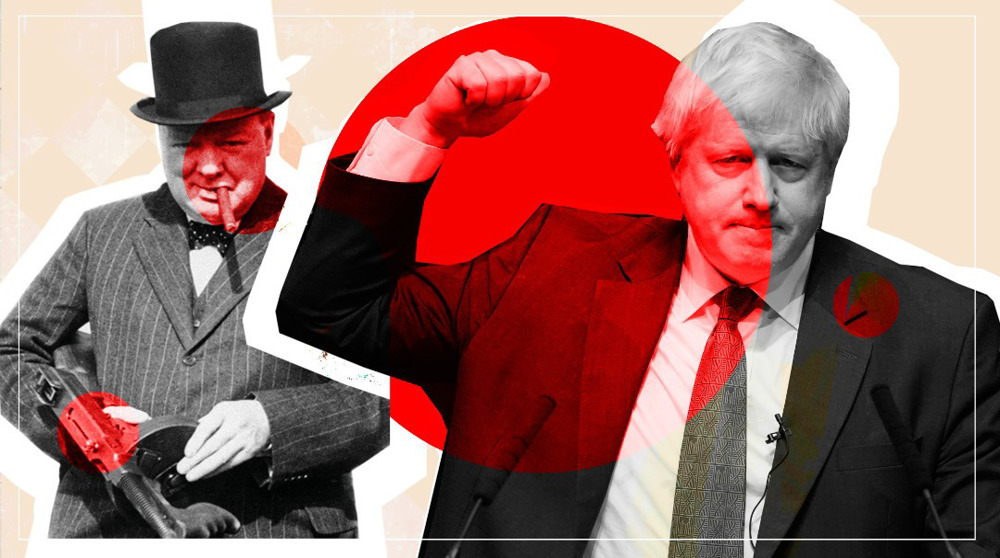Black Lives Matter protests had UK government running scared; New Police Powers Aiming To Shut Down Such Protests Must Be Stopped
By Richard Sudan
The Police Crime Sentencing and Courts Bill is on its way to becoming law, making its passage through the UK parliament before passing through the House of Lords, in the latest move by the government to clamp down on a number of issues, including what they claim is ‘unlawful disruption’.
However, the move which aims to give the police more power to carry out their duties, has actually produced more of the very thing which critics claim is the whole reason the bill came into being in the first place, which is of course, the very legitimate and critical right to protest.
In 2020, mass demonstrations took place around the country, from both Black Lives Matter supporters, galvanised by the mass global movements for justice following the murder of George Floyd in the US, and also environmental activists, raising alarm over the growing climate emergency.
The protests for racial justice were wide-reaching and in some instances like in Bristol, also saw the toppling of statues like that of the slave trader Edward Colston. People from all walks of life in Britain, especially young people who took to the streets were demanding racial justice, not only concerned about anti-Black racism in the United States, but also about deep and evident systemic racism here in the UK.
Environmental protesters and demonstrations also swept across the country, with some in London causing disruption to public transport, in order to get their message across and to get their voices heard. And getting the message to the forefront of public debate is precisely the point of protests.
While the government has focused on the toppling of statues, and of the inconvenience to those using London trains to get to work, to justify more power, the reality, is that should the police bill become law, it will likely be exploited to shut down very legitimate and lawful protests, with critics alarmed that the authorities will have the legal means to shut down and stifle any real criticism of the government at all.
The problems of racial inequality, injustice and of corruption and incompetence within the UK government, in many people’s eyes, far outweigh and are of far greater concern, than protestors stepping beyond the bounds of so-called legality.
The right to protest in the UK is something sacred, and is often talked about as being an essential cornerstone of British democracy. And yes, sometimes protests can get heated.
But remember too, that there are often serious questions about the conduct of the police, who many would argue themselves operate outside of the law, while at times being accused of breaking the law, while operating with complete impunity. There has to be a balance, and listening to the concerns of legal experts and those with a keen eye on the importance of civil liberties, it isn’t hard to see why there are serious concerns about the UK police having more powers.
Many argue that the UK police need to correctly manage the existing powers which they already have, and not be given more powers which as well as giving the police the power to keep people off the streets indefinitely, will also arguably impact and devastate the lives of Britain's traveller communities. Traveller communities have a way of life which is thousands of years old, and there are serious worries that the new police bill will be used in order to legally control their freedom of movement and to do the opposite of facilitating their way of life. Such communities are a part of British multicultural society, and should have the same rights as anyone else, and should not be treated as a nuisance to be pushed to the margins, as the authorities see fit.
The truth is that the government was terrified by the collectivised message and power of protest movements last year, and in particular of the effectiveness of the Black Lives Matter, and the ability of such demonstrations to galvanise and inspire people to challenge power and the status quo.
Also worth remembering is that a Metropolitan Police officer was charged with the murder of Sarah Everard. Some argue that there are serious problems within the police themselves institutionally which need rooting out, before they are given any more authority to adjudicate over the right of the public to mobilise, even if at times protests might become disruptive and hard for them to manage.
When apartheid in South Africa was brought to an end, it was because mass global protests took place demanding it, and without such protests, much needed change would have been jeopardised.
Huge protests also just took place in London, demanding an end to apartheid in Palestine with some even arguing that they were the biggest show of solidarity in the streets for the Palestinians which have ever taken place in Britain. This is something to be celebrated.
More protests calling to ‘Kill the Bill’ regarding the proposed police powers have also been taking place and they will continue. It’s abundantly clear that the British people do not want this bill to become law and value their right to protest and to speak truth to power as sacred. Rather than ploughing ahead with its current plans, for once, this current government should listen to the demands of what seems to be the vast majority of people. Clamping down on people’s right to protest and assemble is a fundamental right of any free society and is the essence of free speech. The government seeking the power to shut this down whenever they see fit is draconian and is the opposite of what people expect from a decent democracy.
Richard Sudan is a journalist, writer, and TV reporter for Press TV.
(The views expressed in this article do not necessarily reflect those of Press TV.)
Houthi: Iranian, Yemeni revolutions inspire Islamic nation in face of enemy plots
Iran defeating sanctions for decades since Islamic Revolution victory
AIPAC faces challenge as new PAC seeks to end US backing of Israel
VIDEO | Press TV's news headlines
Iran president hails ‘exceptional’ turnout in Islamic Revolution anniversary rallies
VIDEO | Pro-Palestine protesters rally in Melbourne on final day of Israeli president's Australia trip
Gaza genocide's death toll may exceed 200,000: Report
Hamas: Any war against Iran amounts to attack on entire Muslim world












 This makes it easy to access the Press TV website
This makes it easy to access the Press TV website